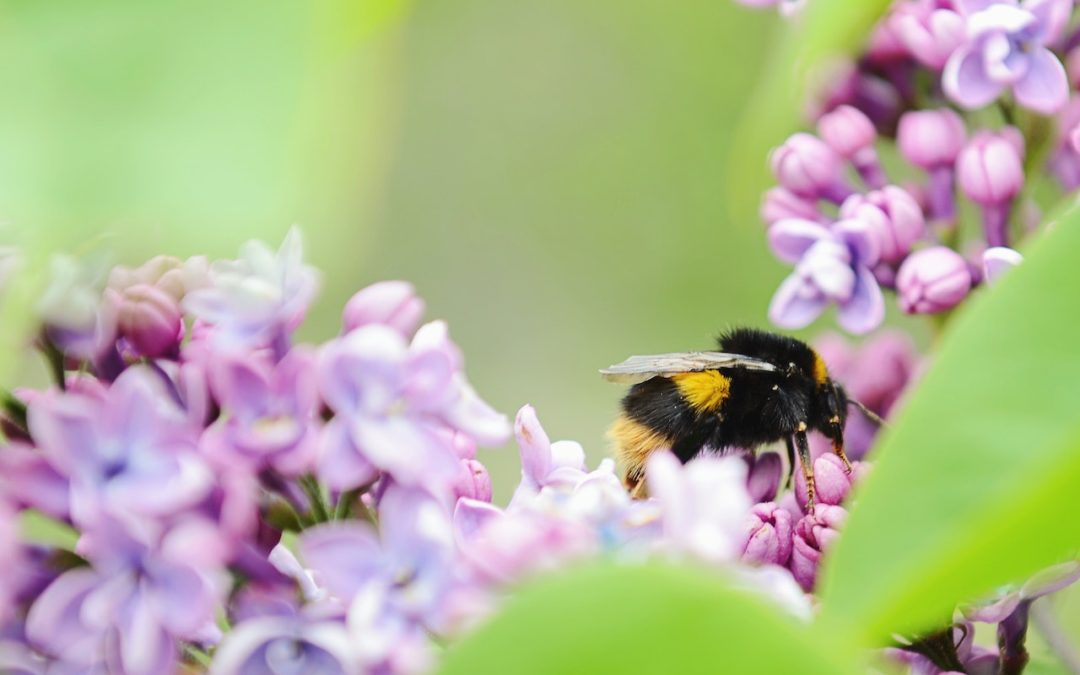The effects of air pollution are widespread, and often surprising. The latest example comes from research by a team of scientists at the University of Leicester in the United Kingdom. Their preliminary findings suggest that airborne toxins are changing the digestive microbiome of honeybees, which evolved with the species over millions of years.
This change could be one more factor contributing to the decline of bee populations across the globe, a phenomenon known as “colony collapse.” Honeybees and related varieties such as rusty-patched bumblebees and yellow-banded bumblebees have been disappearing from fields at alarming rates. Pollinators in distress are a clear sign of the planet’s ecological peril.
There have been many theories about why this is happening, and the oversaturation of agricultural fields with powerful pesticides is one often-cited variable. But the answer may be more complex, as the University of Leicester data suggest.
The Leicester research shows how important the microbiome is to the balance of nature and biological systems, and suggests air pollution is changing the larger ecosystem by changing populations of the tiniest forms of life.
According to a report by the Microbiology Society: “The balance of the bacteria in the bee gut microbiome is vital to maintaining bee health, and any disruption to this microbiome could pose a risk not only to bee health but to pollination and global food security. Snodgrassella alvi is a beneficial member of the bee gut microbiome; it colonizes bees’ large intestine in a structure called a biofilm. A biofilm is a protective matrix that promotes bacterial colonization on surfaces. S. alvi is especially important, as it is one of the initial colonizers of the bee gut microbiome.”
In their study, the researcher team “grew S. alvi in lab conditions and exposed it to black carbon air pollution [and] found that exposure to black carbon changed the behavior of S. alvi and the structure and formation of the bacteria’s biofilm. This is worrying, as any disruption to this could have knock-on effects to the overall composition and function of the bee gut microbiome. Researchers also looked at the effects of black carbon pollution on live bumble bees. They sampled bees before and after exposure and measured the abundance of bacteria in their gut to observe any differences. The researchers found that there was a significant change in the abundance of two beneficial bacteria that are vital to the health of the bee gut microbiome.”
Bees, of course, are essential pollinators, making possible the fruits, vegetables and flowers we love. Without them, many plant varieties would either disappear or survive in a smaller, less healthy form. Although corn, wheat and rice would continue to grow in abundance, we’d have much less of everything that is grown from seeds, including apples, oranges, cherries, pears, peaches, carrots, daisies, morning glories, and more.
We would lose so much of the color and joy of spring, as well as the vitality we draw from nutrient-packed fruits and vegetables. And possibly, we would lose these treasures simply because our industrial society gave honeybees an upset stomach.

